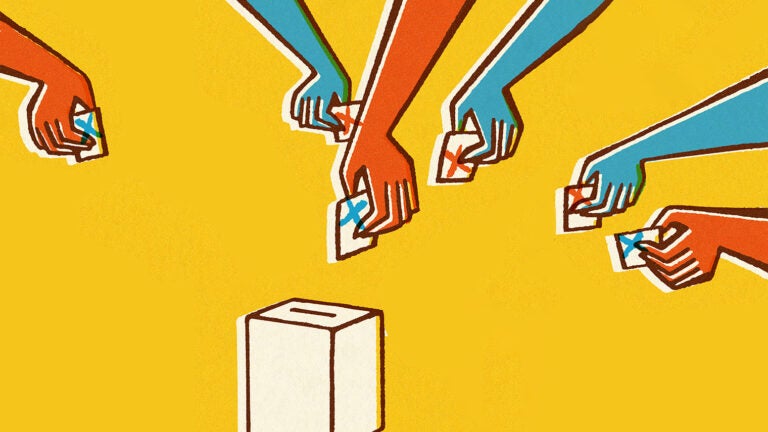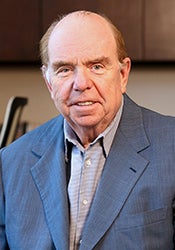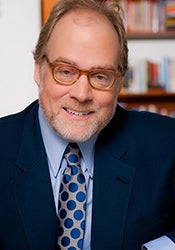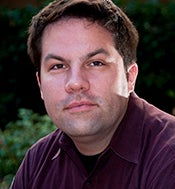
Will Super Tuesday make or break presidential candidates?
Voters in 14 states will cast votes for presidential candidates on March 3, also known as Super Tuesday. More than a third of all delegates for the Democratic National Convention will be allotted in primary contests in states including California, Utah, Texas, Virginia and Massachusetts.
Experts from USC Dornsife College of Letters, Arts and Sciences share their predictions here. They will also offer insights at a Super Tuesday live viewing on campus at Wallis Annenberg Hall.
More to watch than just the Golden State
 Robert Shrum, director of the USC Dornsife Center for the Political Future, notes that much-coveted California is strategically crucial, but it’s not the only pot of gold.
Robert Shrum, director of the USC Dornsife Center for the Political Future, notes that much-coveted California is strategically crucial, but it’s not the only pot of gold.
“Bernie Sanders is trying to drive Elizabeth Warren out with a heavy TV buy designed to defeat her in Massachusetts,” he said. “Meantime, she’s focused her fire on Michael Bloomberg, which seems strategically senseless and largely motivated by a visceral aversion to billionaires.
“Commentators see California as the big prize on Super Tuesday. But most delegates are allocated by congressional district and it may take weeks to know who won them. All we will probably have election night is an exit poll.
“Finally, the new Palmetto Poll in South Carolina shows Joe Biden, who had a good debate there, with a commanding lead and Bernie Sanders far behind. If that’s the outcome, will it have a significant impact on Super Tuesday? Or is it too late? That’s especially true in California, where a third of the ballots have already been cast.”
Confusion in California about voting choices
USC Dornsife’s Christian Grose, associate professor of political science and public policy, said that the majority of California voters don’t know about new options for casting ballots introduced by the Voter’s Choice Act.
“We asked California voters if they knew about the new Voters’ Choice Act methods for voting. In 15 counties, including L.A. and Orange counties, voting is now different,” said Grose, who is academic director of the USC Schwarzenegger Institute at the USC Price School of Public Policy. He pointed to findings in the recent USC Price-Schwarzenegger Institute California Issues Poll.
“There are more options for voting early in vote centers, but many traditional polling places will no longer exist. We found that only about one-third of likely voters knew about these vote changes.
“Even more interesting, voters were more knowledgeable about the new voting procedures depending on which candidate they supported. In counties with voting changes, only 28.8% of Sanders supporters knew that voting had changed. Among Warren supporters, 40.8% knew voting had changed. And among Biden supporters, 51.7% knew it had changed.
“This could mean that Sanders supporters will be more confused about how and where to vote, perhaps meaning many of those votes will come in later as California slowly counts its ballots.”
Will Super Tuesday live up to its name?
 Michael Murphy, co-director of the USC Dornsife Center for the Political Future, is a Republican political consultant who has led more than 20 statewide campaigns to victory and worked on six Republican presidential campaigns. He emphasized the importance of the March 3 voting.
Michael Murphy, co-director of the USC Dornsife Center for the Political Future, is a Republican political consultant who has led more than 20 statewide campaigns to victory and worked on six Republican presidential campaigns. He emphasized the importance of the March 3 voting.
“Super Tuesday has never been more critical,” he said. “It will decide if Bernie Sanders can jump to a very strong delegate lead or if a more centrist challenger can emerge as a possible alternative.
“The stakes could not be higher.”
